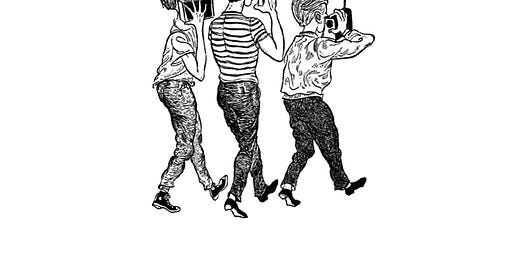This summer marks a jolting return to socializing with friends, family, and seas of strangers. On the street, in museums, in restaurants, and in theaters, many people are faced with a painful contradiction: we want to be around one another more than ever, but months of isolation have made us hostile, exhausted, and even pained—probably more than most of us are willing to admit. Isolation affects the body in a similar way to stress, and in the wake of the pandemic, it’s difficult to distinguish between the two. Yet even before COVID-19, loneliness and stress were epidemic in societies that organized themselves out of interdependence in the name of efficiency and individuality. In the July issue of Harper’s Magazine, the poet and essayist Elisa Gabbert writes about her own experiences during the pandemic (a “slow-motion crisis of the self”) and the scientific evidence that supports our need for all forms of human interaction. In this week’s episode of the podcast, Gabbert candidly speaks with Harper’s web editor Violet Lucca about her essay and our collective struggle to recover from the lockdown.
The Harper’s Podcast
Since 1850, Harper’s Magazine has provided its readers with a unique perspective on the issues that drive our national conversation, featuring writing from some of the most promising to most distinguished names in literature–from Barbara Ehrenreich to Rachel Kushner. Listen as Harper's editors and contributing writers take a deep dive into these topics and the craft of long-form narrative journalism.
Since 1850, Harper’s Magazine has provided its readers with a unique perspective on the issues that drive our national conversation, featuring writing from some of the most promising to most distinguished names in literature–from Barbara Ehrenreich to Rachel Kushner. Listen as Harper's editors and contributing writers take a deep dive into these topics and the craft of long-form narrative journalism.Listen on
Substack App
RSS Feed
Recent Episodes












Share this post